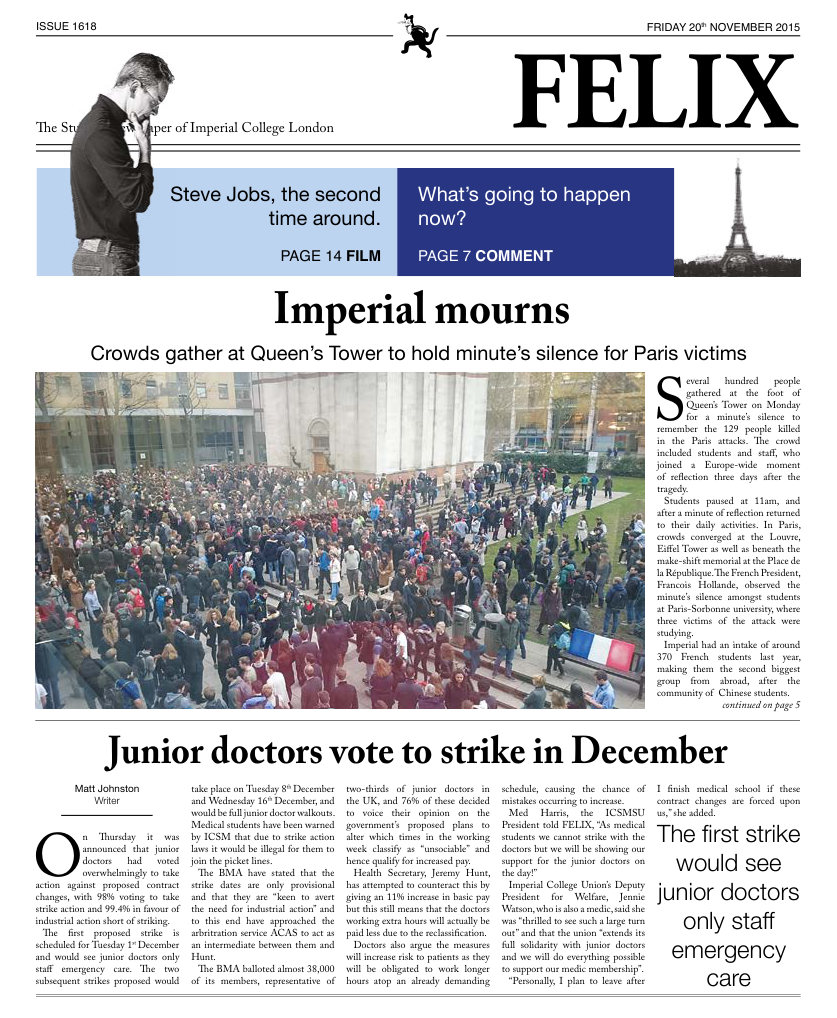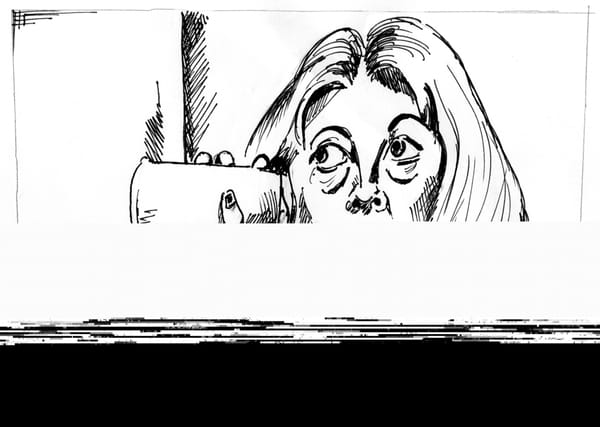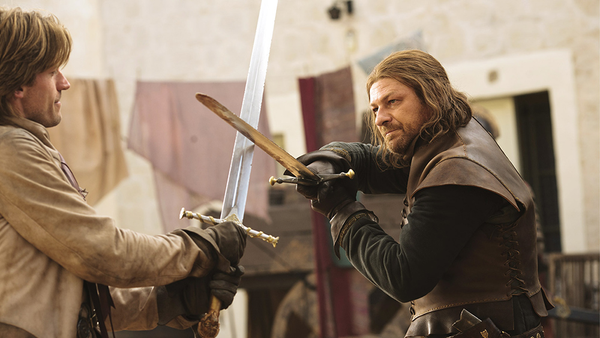The modern way of dealing with crises
Facebook’s ‘I’m safe’ button and French flag filters have divided critics
In the deadliest attack on French soil since WWII, panic and chaos unfolded in the French capital this week. Many people were left worried that their relatives, family and friends had been amongst those murdered or injured.
In what initially was a welcome move, Facebook launched the ‘I’m safe’ button for people to confirm via social media that they were okay. Previously used by Facebook during natural disasters, the button’s use has expanded during the Paris attacks to encompass human conflict. Facebook has since received criticism because the button was not made available to people in the Beirut bombings that killed 43 the day before the Paris attacks. Theories surfaced online about how ‘French lives are more valuable than Arab ones’, which fueled the debate on inequality.
In a statement, Facebook called its safety check a “relatively new feature”.
“The product will continue to evolve as we learn more about how it’s used during different crises. We hope to never be confronted with a situation like this again, but if we are, we are of course open to activating the tool given how reassuring it has been for people in Paris”.
Facebook also launched the French flag filter which I’m sure readers will be familiar with; many of your friends showing solidarity with the French people by applying the filter to their profile picture. Lebanese bloggers criticised Facebook for not making a Lebanese flag filter available. The filter has also been criticised by some people, as being not the most appropriate to show support to the French people, since few of those who have that filter activated know any victim of the attacks and that it’s just something to boost one’s appeal on social media. We live in a world where showing your picture with the filter is a political statement, that echoes through social media. It signals solidarity with the French people, with the idea that collectively we are stronger and that wherever we can, we will help each other. It’s hard to judge people’s intentions in times of crisis, but the debate about the role of social media in a time of crisis has certainly been revived.
It’s sad to see we live in a world where we need to check in on Facebook to say we’re safe from monstrous nihilistic ideology rather than check in a nice French bistro at the heart of Paris. We do live in dark time but we must carry on with our way of living or the attackers’ goals of generating fear and disruption will have succeeded.








